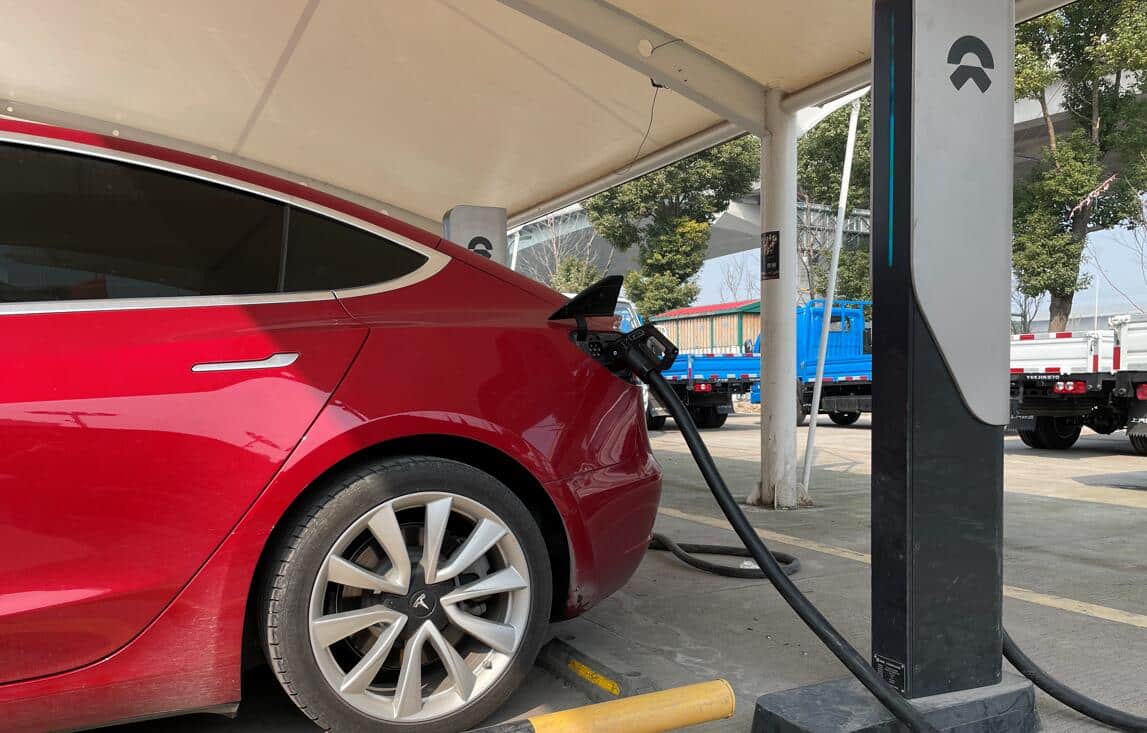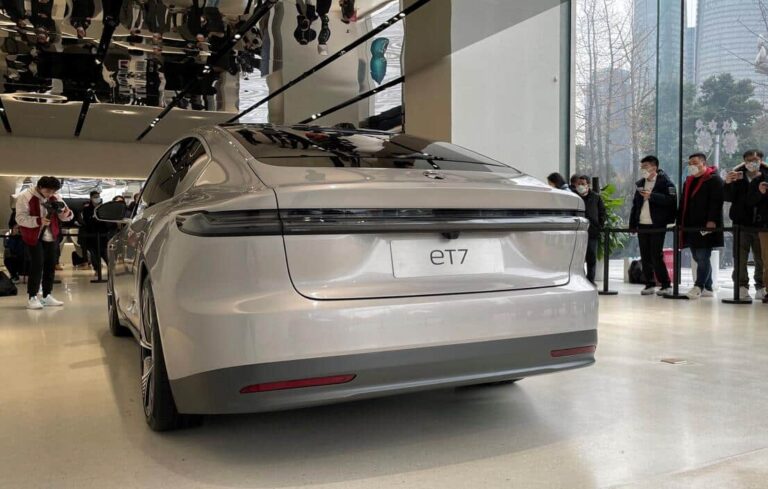China will accelerate the development of domestic resources, crack down on hoarding and other unfair competition, and push raw material prices to return to rationality as soon as possible, the MIIT spokesman said.
(Image credit: CnEVPost)
The sharp rise in raw material prices has become the pressure the new energy vehicle (NEV) industry is currently facing. China's industry regulator has said they will increase efforts to address the problem.
China's Ministry of Industry and Information Technology (MIIT) will moderately accelerate the development of domestic resources and work with relevant departments to resolutely crack down on hoarding, price gouging and other unfair competition to push raw material prices back to rationality as soon as possible, the MIIT spokesman Luo Junjie said at a conference today.
The role of the automotive industry chain and supply chain coordination platform will be brought into play in an effort to safeguard parts production and supply, Luo said.
"We will also pay attention to strengthening the coordinated layout of resources and resolutely curb blind investment and repeated construction," he added.
In the past year, raw material prices, including lithium carbonate, have continued to rise, forcing dozens of NEV companies to raise prices, some even several times.
Battery costs rose ridiculously in the second quarter, and most of the car companies that haven't announced price increases are yet to complete their contracts with battery suppliers, and once they do they will also raise prices, Li Auto's (NASDAQ: LI, HKG: 2015) founder, chairman and CEO Li Xiang said at the end of last month.
The price of Li Auto's only current model, the Li ONE, was raised by RMB 11,800 on April 1, and Xpeng Motors (NYSE: XPEV, HKG: 9868) increased the price of all its models on March 21.
Nio (NYSE: NIO, HKG: 9866) had previously resisted the pressure to raise prices, but announced on April 10 that it will raise vehicle and BaaS battery rental prices effective May 10, saying this is due to the continued sharp increase in global raw material prices so far this year.
Back at the MIIT conference, Luo also mentioned that China's NEV industry has entered a new phase of rapid development and is expected to maintain a high growth this year.
China will study and clarify the support policies including the continuation of the preferential purchase tax for NEVs and optimize the management of "double credit" as soon as possible, he said.
China will continue to promote NEVs in rural areas and the battery swap model pilot, and will launch pilot projects to fully electrify public sector vehicles in some cities, Luo said.
The MIIT will also work with other departments to speed up the construction of charging and battery swap facilities, promote information sharing and unified settlement, and improve the convenience of charging and swapping, he said.

